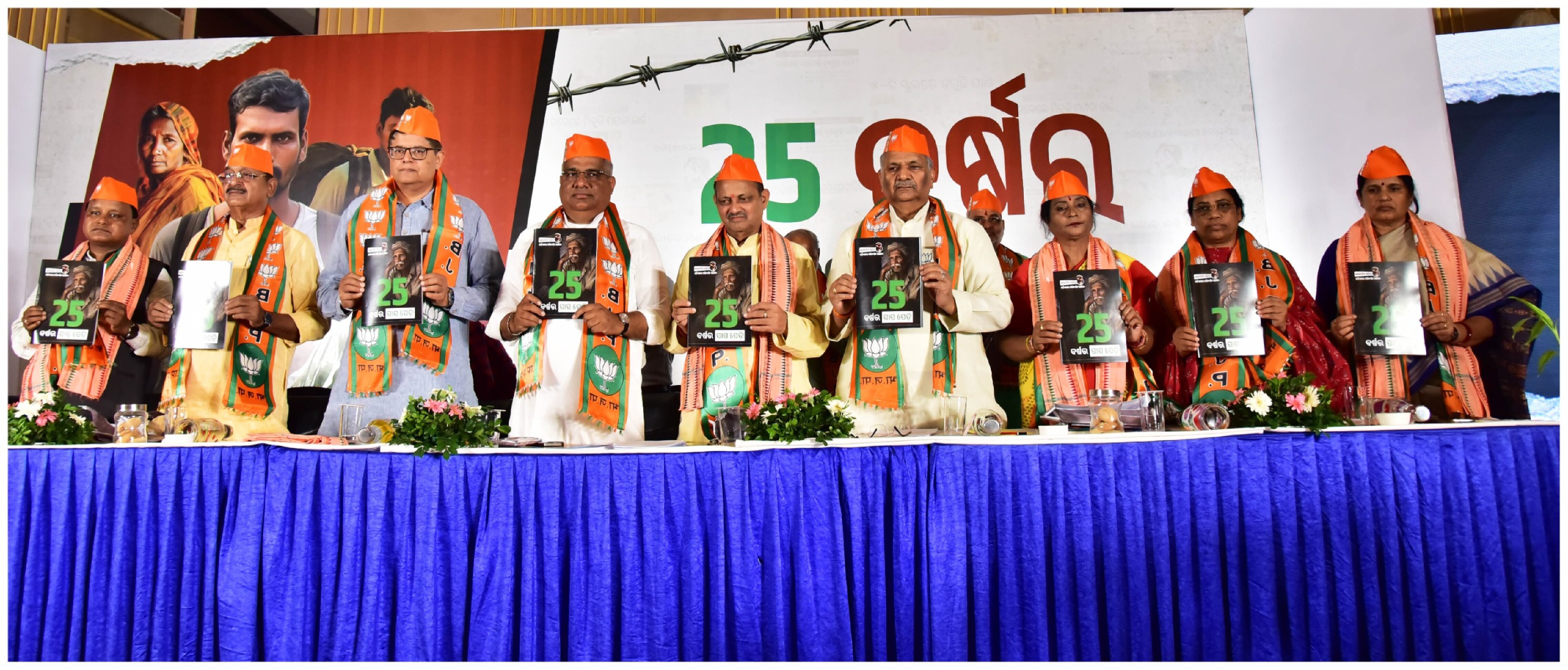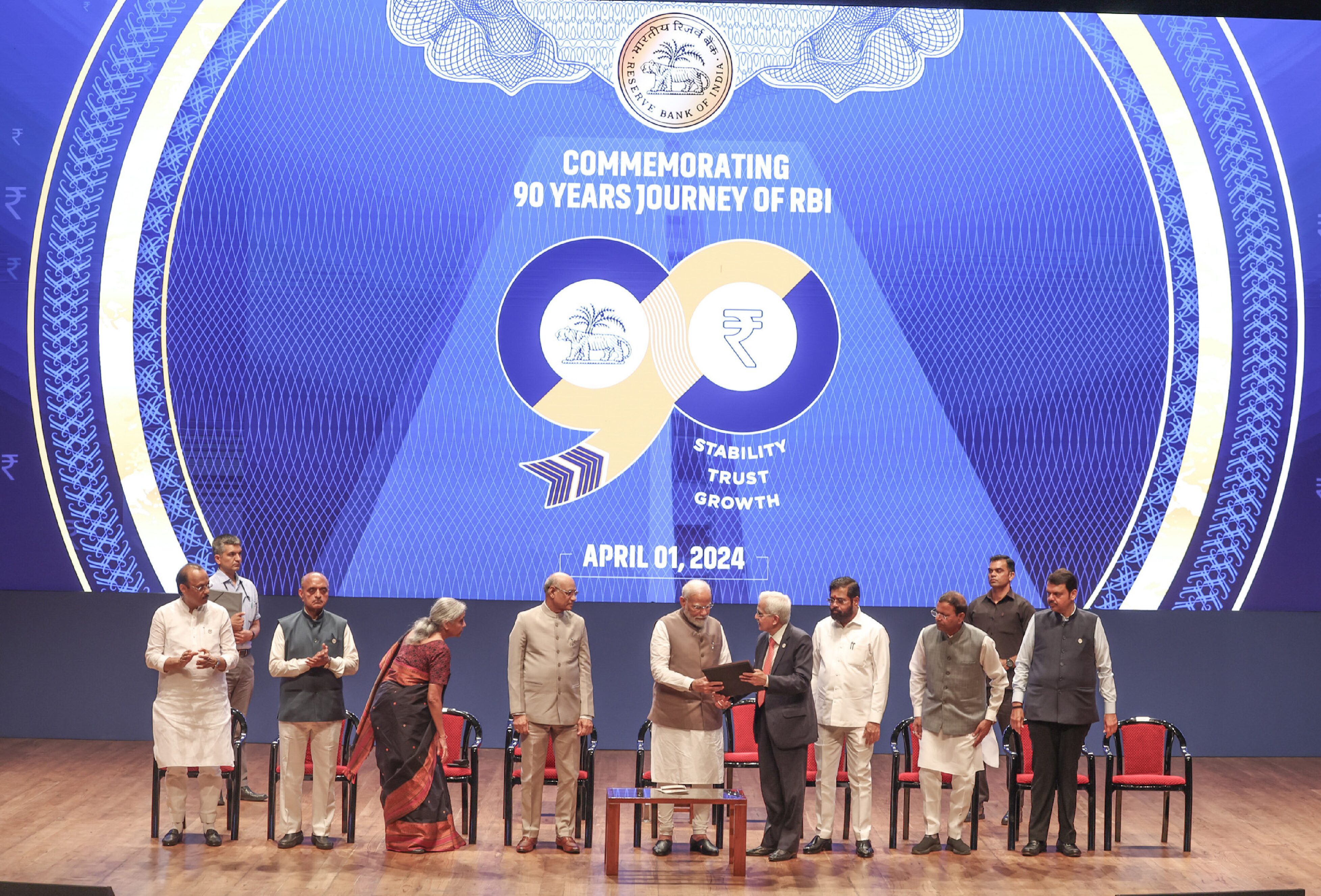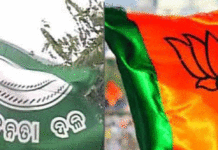The mid-day meal scheme is under implementation in all the states of the country to prevent dropout rate and encourage enrolment in the schools. The Central government and the concerned state governments share the cost on 60:40 ratio.
The Odisha state government has urged the Centre to enhance the monetary allocation for mid-day meals given the rising cost of ingredients. The scheme has been under implementation in more than 58,202 schools across the state.A senior leader of the government said that rate revision had become imperative in view of the growing price of essential commodities used in preparation of mid-day meals. At present, the noon-meal is being provided to over 49 lakh children studying in 58,202 primary and upper primary schools.Under the scheme, which is jointly funded by the Centre and the state government, a sum of Rs 4.58 paisa is given for each primary school student and Rs 6.83 paisa per upper primary school student. The state wants revision of the unit-cost of meals but it has not quoted the rates to be revised. That decision has been left to the Centre.
The proposal was made at a national workshop on mid-day meal held in Bhubaneswar. It was attended by delegates of 18 states. Union government’s representative at the workshop said that the proposal would be considered at the appropriate forum.
The mid-day meal scheme is under implementation in the states to prevent dropout rate and encourage enrolment in the schools. The Central government and the concerned state governments share the cost on 60:40 ratio.
The state has also urged for extension of the midday meal scheme to the Class IX and X level. At present, the noon meal is being given to primary school (Class I to V) and upper primary (Class VI to VIII) students. If the scheme is extended to Class I and X, an estimated two lakh students in the state will be served the cooked noon meal.
The other major proposals of the state government in this regard include hike of the honorarium of the cook-cum helpers and increase in subsidized food grain allotment.
A senior official of the School and Mass Education department said Odisha had initiated innovative measures like SMS-based monitoring, mini hand wash stations and impact study by the All India Institute of Medical Sciences (AIIMS) and Indian Council of Medical Research (ICMR). However, though the scheme is being executed across the state irregularities reported from time to time remain a matter of concern for the state government. While cases of food poisoning and substandard use of ingredients have been reported several times in the past, a minister had to lose her job when a “dal” scandal connected with the scheme came to light in 2011. The state has to ensure such mishaps do not take place in future.








































